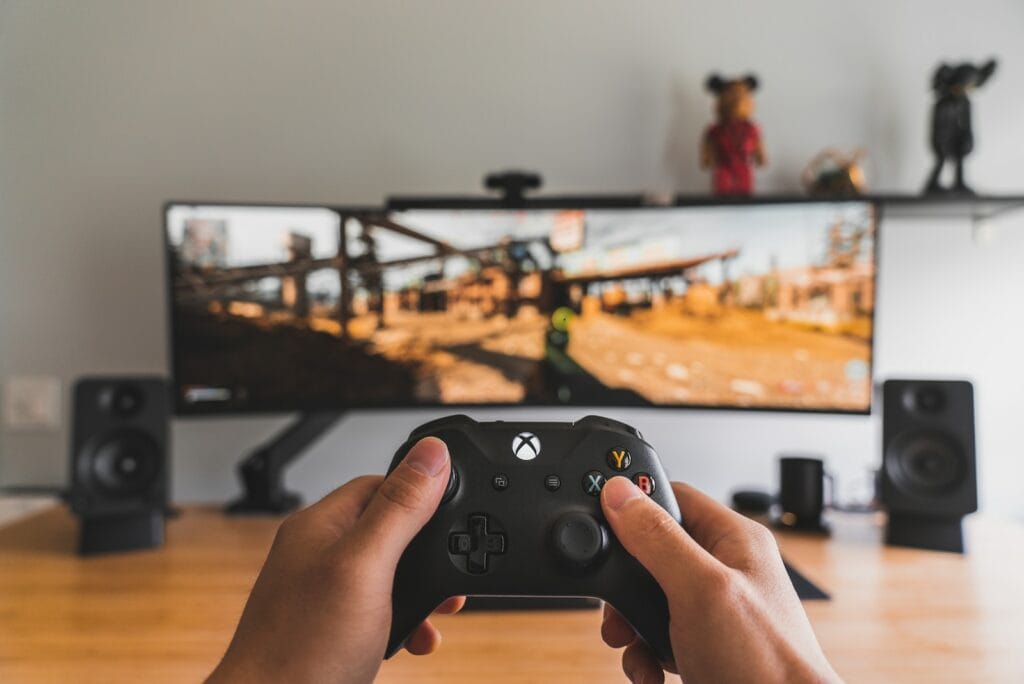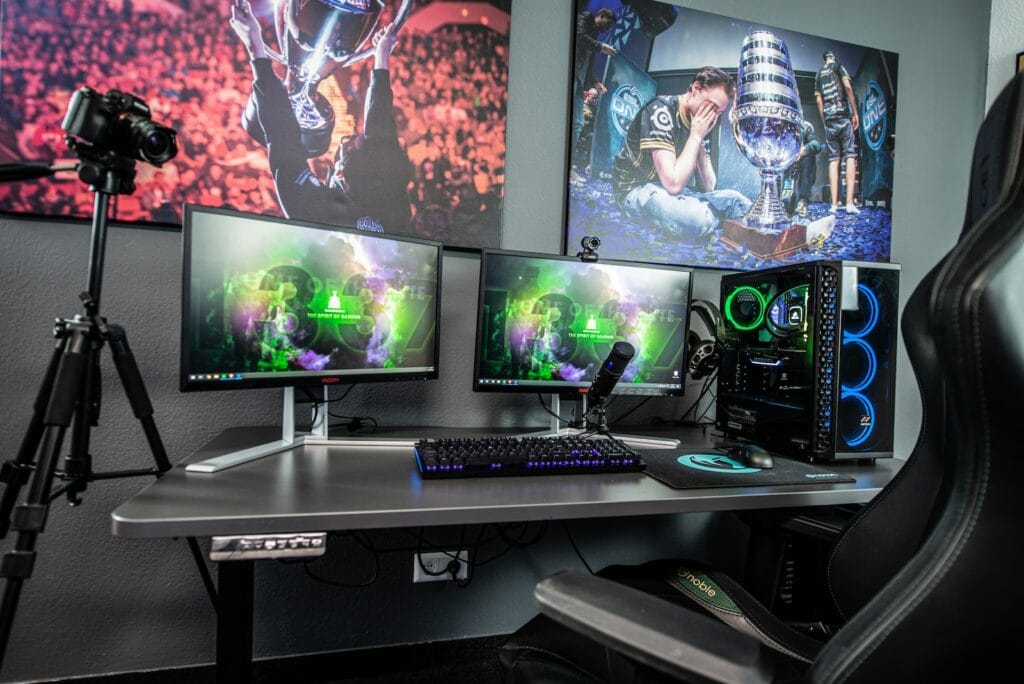Enhancing Learning Through Gamification: A Revolution in Education

Learning new languages has become a routine part of my job, while travelling to cover major events. Each time I step foot on foreign soil, I make it a point to speak the local language, no matter how complex or unfamiliar it may seem. Over the years, I’ve challenged myself to speak German, Spanish, Vietnamese, French, Mandarin, and now Portuguese, picking up just enough to navigate through interviews, discussions, and, of course, to order a cup of coffee or a hearty meal.
Our next destination is Lisbon for the Web Summit and brought with it an unexpected twist that not only rekindled my passion for communication but also gaming and the way it helps us acquire new skills. My best ally in my linguistic adventure is now Duolingo, a language app that combines gamification with education.
Duolingo uses game mechanics like earning points, completing levels, and competing with friends to make learning a new language enjoyable and engaging. I can’t keep up with my children but I am learning fast!
According to the company, 34 hours of Duolingo are equivalent to a semester of university-level language education. This demonstrates the efficacy of gamification in language acquisition.
According to a study by eLearning Industry, gamification increases student engagement by 60%, boosts knowledge retention by 90%, and results in a 30% higher rate of content mastery compared to traditional learning methods. Additionally, research published in the International Journal of Educational Technology and Higher Education found that gamification enhances motivation and improves learning outcomes in both K-12 and higher education settings.
In the fast-evolving landscape of education, the power of gamification has emerged as a game-changer. Gamification, the integration of gaming elements into non-gaming contexts, has revolutionised the way students learn. It taps into the innate human desire for competition, achievement, and rewards, transforming education into an engaging and immersive experience. In this article, we will explore the transformative power of gamification in education, shedding light on how it motivates students, fosters social engagement, promotes critical thinking, and offers personalised education.

Explore the Power of Gamification in Education
The integration of gaming elements into traditional learning environments has become a potent catalyst for transformation. By harnessing the intrinsic motivation, engagement, and competitive spirit that games naturally evoke, educators are discovering the untapped potential of gamification in fostering enhanced learning experiences.
A growing body of research supports the effectiveness of gamification in education. According to a study published in the Journal of Educational Psychology, gamification increased student motivation and improved learning outcomes. Additionally, a report by eLearning Industry revealed that gamification boosted student engagement by 60%, enhanced knowledge retention by 90%, and resulted in a 30% higher rate of content mastery compared to traditional learning methods.
Fostering Social Engagement
Gamification often involves collaboration, teamwork, and healthy competition, fostering social engagement among students. Multiplayer games, group challenges, and collaborative problem-solving scenarios encourage students to work together toward common goals. This not only enhances their social skills but also provides a sense of camaraderie and shared achievement.
Promoting Critical Thinking and Problem-Solving
Gamified learning experiences frequently involve complex scenarios and puzzles that demand critical thinking and problem-solving skills. Students are required to analyse situations, make decisions, and strategize to progress in the game. This immersive learning approach equips them with valuable cognitive skills that can be applied to real-world situations, making education more practical and relevant.
The game-based platform Minecraft: Education Edition enables students to engage in collaborative building, problem-solving, and creativity, enhancing their critical thinking abilities while having fun.
Personalized Learning Paths
One of the key advantages of gamification is its adaptability to individual learning styles and paces. Advanced algorithms track student progress, identify strengths and weaknesses, and tailor content accordingly. This personalized approach ensures that each student is presented with material that matches their skill level, providing a customized learning experience.
Gamification in education represents a revolution in the way we approach learning. By harnessing the motivational power of games, educators are creating more engaging and effective learning environments. It encourages students to take an active role in their education, fosters social interaction, enhances critical thinking, and offers personalized learning paths. As we continue to explore the power of gamification, it becomes evident that this innovative approach is not just a passing trend but a pivotal tool in shaping the future of education. Embracing gamification is a step toward unlocking the full potential of today’s learners and preparing them for the challenges and opportunities of tomorrow.
Motivation and Engagement:
Gamification captures students’ attention and maintains their interest throughout the learning process. By introducing elements such as points, badges, leader boards, and rewards, educators create an environment where students are motivated to actively participate and excel. These motivational tools tap into the psychology of intrinsic and extrinsic rewards, driving students to accomplish their learning objectives with enthusiasm. In the language learning app Duolingo, for example, millions of users worldwide have successfully acquired new language skills through gamified learning.
In an era where attention spans are dwindling, and traditional teaching methods are being challenged, gamification in education has emerged as a beacon of innovation. By leveraging gaming mechanics, educators are redefining the learning experience, making it more motivating, engaging, and effective. It taps into students’ intrinsic motivation, encourages social interaction, nurtures critical thinking, and provides personalised learning paths. As we witness the transformative power of gamification in education, it becomes clear that this trend is not just a passing fad but a vital tool in shaping the future of learning. Embracing it may be the key to unlocking the full potential of the next generation of learners and leaders.






